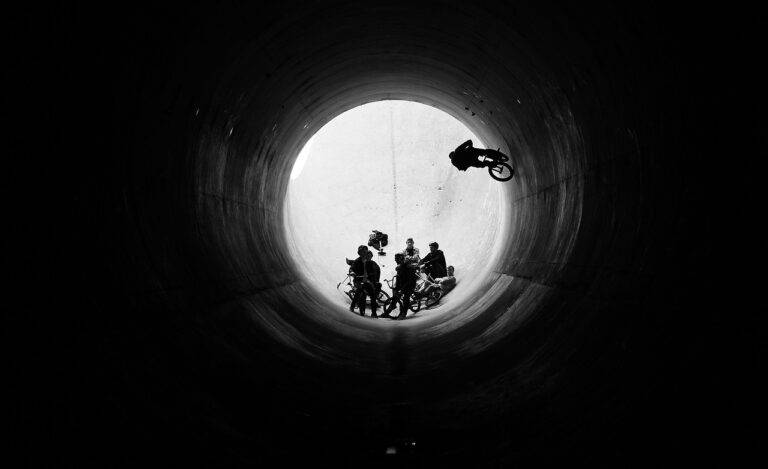Eco-Friendly Home Improvements: Energy-Efficient Upgrades for Sustainable Living
With the advancement in technology, there are now numerous energy-efficient lighting options available to help reduce energy consumption in homes and businesses. LED lights, for instance, consume significantly less energy compared to traditional incandescent bulbs. Not only do LED lights last longer, but they also emit less heat, making them a safer and eco-friendly lighting choice.
Another popular energy-efficient lighting option is compact fluorescent lamps (CFLs). CFLs use around 70-90% less energy than incandescent bulbs and have a longer lifespan, making them cost-effective in the long run. They may cost a bit more upfront, but the energy savings over time make them a worthwhile investment for those looking to lower their electricity bills while reducing their environmental impact.
Insulation Upgrades for Energy Savings
Upgrading your home’s insulation is a cost-effective way to improve energy efficiency. By properly insulating your walls, floors, and attic, you can prevent heat loss in the winter and keep cool air inside during the summer months. This helps reduce your reliance on heating and cooling systems, ultimately leading to lower energy bills.
In addition to saving money on energy costs, upgrading your insulation can also enhance the overall comfort of your home. By maintaining a consistent temperature throughout your living spaces, you can create a more enjoyable environment for you and your family. Improved insulation can also help reduce outside noise, making your home a quieter and more peaceful place to live.
What are some energy-efficient lighting options I can consider for my home?
Some energy-efficient lighting options you can consider for your home include LED bulbs, CFL bulbs, and smart lighting systems.
How can insulation upgrades help me save energy?
Insulation upgrades help you save energy by reducing heat transfer between your home and the outdoors, leading to lower heating and cooling costs.
What are some common types of insulation materials used for upgrades?
Common types of insulation materials used for upgrades include fiberglass, cellulose, foam board, and spray foam.
How can I determine if my home needs insulation upgrades?
You can determine if your home needs insulation upgrades by conducting a home energy audit or hiring a professional to assess your insulation levels.
Are insulation upgrades expensive?
The cost of insulation upgrades can vary depending on the size of your home and the type of insulation material used, but the long-term energy savings often outweigh the initial investment.





